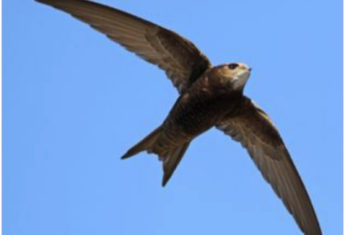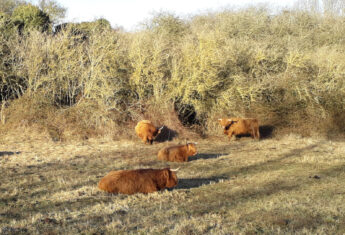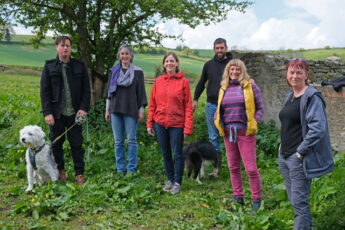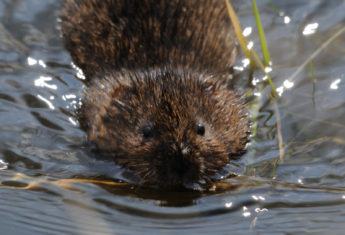Restore Species
Restore Species is a landmark partnership to tackle the most pressing direct threats to animal species worldwide.
Convened by Restore our Planet, BirdLife International, Fauna & Flora International, TRAFFIC and the Wildlife Conservation Society have come together, scaling up efforts and multiplying their impact so they can restore the future for reptile, mammal and bird species that need support most.
Restore Species aims to prevent extinctions by tackling the most pressing and direct threats to animal species worldwide: illegal and unsustainable trade and hunting, and poisoning – three activities that have killed many millions of birds, mammals and reptiles, and driven some species to only a few heartbeats from extinction.
The focus will be on threatened species that currently receive little attention or funding, like Caribbean reptiles, Central Asian wild sheep and goats, and vultures.
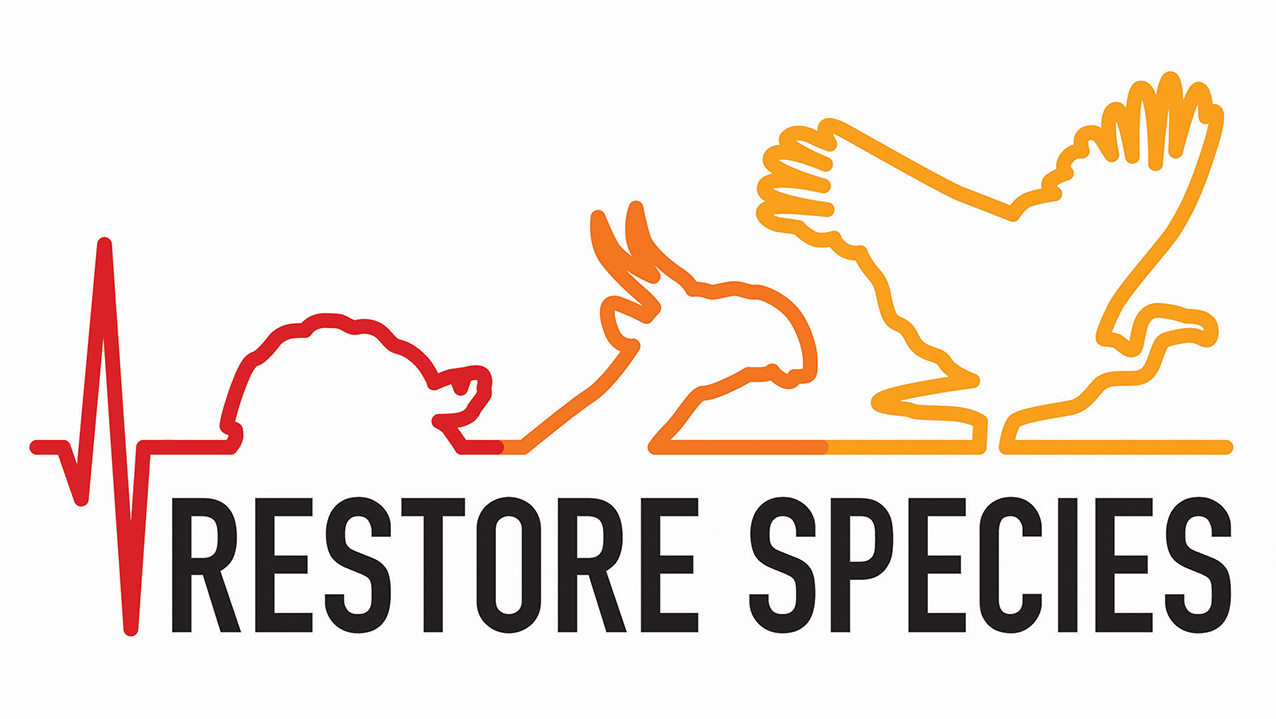
www.restorespecies.org
Trillion Trees
The Vision: by mid-century, through concerted collective action by all sectors of society, one trillion trees have been re-grown, saved from loss and better protected around the world.
Trillion Trees is an unprecedented collaboration between three of the world’s largest conservation organisations – WWF, BirdLife International, and the Wildlife Conservation Society – to help end deforestation and restore tree cover. Our partnership is founded on our commitment to a shared vision, and the belief that working together we can achieve more than we can individually.
Tree cover is an essential part of what makes Earth a healthy and prosperous home for people and wildlife, but the global stock has fallen – and continues to fall – dramatically. In fact, we are still losing 10 billion trees per year.
The consequences? More carbon emitted and less absorbed, dwindling freshwater stores, altered rainfall patterns, fewer nutrients to enrich soils, weakened resilience to extreme events and climate change, shrinking habitat for wildlife and other biodiversity, insufficient wood supply to meet rising demand, harsher local climates, and harder lives for more than one billion forest-dependent peoples across the world.
It doesn’t have to be this way. The two key steps that will reverse these trends – keeping existing trees standing, and restoring trees to the places they once grew – are within our capabilities.

www.trilliontrees.org

